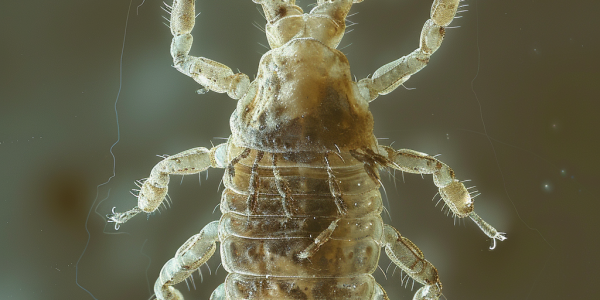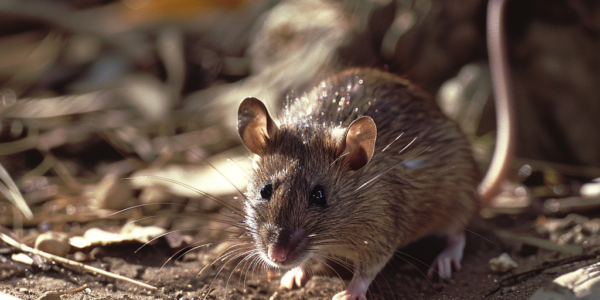Deadly Medieval Disease Hits Colorado Resident
Colorado resident contracts deadly medieval disease known as the plague, with symptoms including coughing up blood and skin discoloration. Transmission can occur through wild rodents or infected fleas, and even from pets like cats. Early detection and treatment with antibiotics are crucial, as the disease can be fatal if left untreated. Vigilance and preventive measures are essential to curb the spread of the plague.
Body Lice May Have Played Significant Role in Spreading Plague During Middle Ages
Recent scientific studies suggest that body lice may have played a more significant role in spreading the deadly plague during the Middle Ages than previously thought. While rat fleas were known to be major carriers of the plague bacteria, Yersinia pestis, new research indicates that body lice could have also been efficient transmitters of the disease. The debate surrounding the Black Death pandemic has long focused on the mechanisms of transmission, with a recent study shedding light on the potential role of body lice in spreading the disease.
New Mexico man becomes first American to die from plague in years
A man in New Mexico has become the first American to die from the plague in years. Health officials are conducting track and trace methods to see if anyone else has been infected. The majority of plague cases in the US since 1970 have occurred in the Four Corners area, and the disease is typically spread through bites from fleas or rodents. The bubonic plague, the most common type, can be deadly if not treated promptly with antibiotics.
The 4 Killer Diseases Making a Comeback
Outbreaks of several killer diseases are on the rise in 2024, including measles and whooping cough. Cases have increased by over 3,000 per cent in Europe in the last year, attributed to falling vaccination coverage.
Oregon Resident Diagnosed with Bubonic Plague, Believed to Have Contracted from Pet Cat
Oregon resident diagnosed with bubonic plague, believed to have been contracted from pet cat. Early diagnosis and treatment have minimized risk to the community. Bubonic plague, typically carried by wild rodents and their fleas, is rare in the US with only 5 to 15 cases reported annually in the Western region. Health officials advise precautions to prevent spread of the disease and emphasize the rarity of contracting it.





